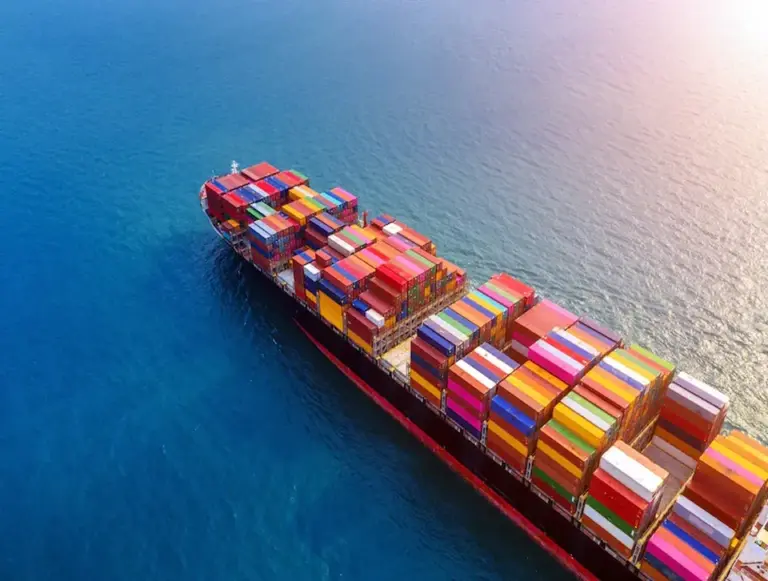Nigeria remains optimistic about securing a seat in the upcoming International Maritime Organization (IMO) Council Category-C elections, despite three unsuccessful attempts in recent years.
Speaking at the maiden African Strategic Summit on Shipping Decarbonisation in Abuja, the Minister of Marine and Blue Economy, Mr. Adegboyega Oyetola, reaffirmed Nigeria’s commitment to the bid. The summit was hosted by the Ministry in collaboration with the Bartlett Energy Institute of University College London (UCL).
Why Nigeria is Seeking Category-C Membership
IMO’s Category-C consists of 20 member states with significant interests in maritime transport and navigation. It ensures regional representation and a broader geographical balance within the council.
If successful, Nigeria will be returning to the IMO Council after 20 years, having last held the position in 2005. However, the country has faced setbacks, failing in its previous bids in 2011, 2015, and 2019.
Mr. Oyetola emphasized Nigeria’s determination to move beyond being a passive participant in global maritime policy discussions to playing a more active role in shaping solutions that align with the country’s economic and strategic interests.
Decarbonization and Africa’s Maritime Future
The Minister highlighted the significance of Africa’s involvement in ongoing IMO policy reforms, particularly in the Revised Greenhouse Gas (GHG) Emissions Reduction Strategy. He stressed that transitioning to cleaner energy in shipping could increase transport costs, which may disproportionately impact developing economies like Nigeria.
“As the IMO advances its regulatory framework on decarbonization, Africa must ensure its voice is heard and its interests safeguarded. We must shape policies that directly impact our economies and livelihoods,” Oyetola said.
He also urged stakeholders at the summit to advocate for fair revenue distribution from global decarbonization measures, ensuring that Africa benefits from the green transition rather than suffering economic setbacks.
Strengthening Africa’s Maritime Influence
The Minister described the summit as a crucial platform for strengthening collaborations between African nations and global partners. He emphasized the need for unity among African maritime nations to advocate for policies that support fair, just, and equitable implementation of IMO regulations.
Africa’s Role in IMO Decision-Making
Mr. Harry Conway, Chairperson of the Marine Environment Protection Committee (MEPC) of the IMO, stressed Africa’s crucial role in global shipping policies.
“Ninety percent of Africa’s trade is seaborne, yet out of 176 IMO member states, only 44 are from Africa—just 25% representation. Africa must actively participate in policymaking to influence decisions that shape its shipping industry,” Conway stated.
Sustainable Growth for Africa’s Maritime Sector
Mr. Dayo Mobereola, Director-General of the Nigerian Maritime Administration and Safety Agency (NIMASA), echoed the need for sustainable and responsible maritime practices.
“The choices we make today will define the future of Africa’s maritime industry and our contribution to global climate goals. This summit offers a critical opportunity to align regional strategies with international frameworks while addressing Africa’s unique challenges and opportunities,” he said.
As Nigeria pushes forward with its IMO Category-C bid, the country remains committed to championing African interests within the global maritime space, ensuring sustainable development, and driving policies that benefit the continent’s economy.

